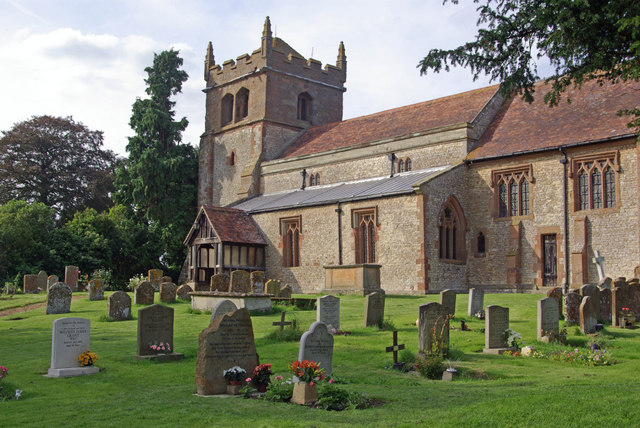|
Frankton, Warwickshire
__NOTOC__ Frankton is a village and civil parish in the Rugby borough of Warwickshire in England. In the 2001 Census it had a population of 344, increasing to 351 at the 2011 Census. Etymology According to W. H. Duignan, the town's earliest name, ''Franchtone'', was derived from the Anglo-Saxon ''Franca'' or ''Franco'' (the personal name of the original settler, which is probably derived from the national name of the Franks) and ''-tun'', making it either "Franca's town" or "the town of the Franks". "Warwickshire Place Names", W. H. Duignan FSA, Oxford University Press, 1912 Location and history [...More Info...] [...Related Items...] OR: [Wikipedia] [Google] [Baidu] |
United Kingdom Census 2011
A Census in the United Kingdom, census of the population of the United Kingdom is taken every ten years. The 2011 census was held in all countries of the UK on 27 March 2011. It was the first UK census which could be completed online via the Internet. The Office for National Statistics (ONS) is responsible for the census in England and Wales, the General Register Office for Scotland (GROS) is responsible for the census in Scotland, and the Northern Ireland Statistics and Research Agency (NISRA) is responsible for the census in Northern Ireland. The Office for National Statistics is the executive office of the UK Statistics Authority, a non-ministerial department formed in 2008 and which reports directly to Parliament. ONS is the UK Government's single largest statistical producer of independent statistics on the UK's economy and society, used to assist the planning and allocation of resources, policy-making and decision-making. ONS designs, manages and runs the census in England an ... [...More Info...] [...Related Items...] OR: [Wikipedia] [Google] [Baidu] |
